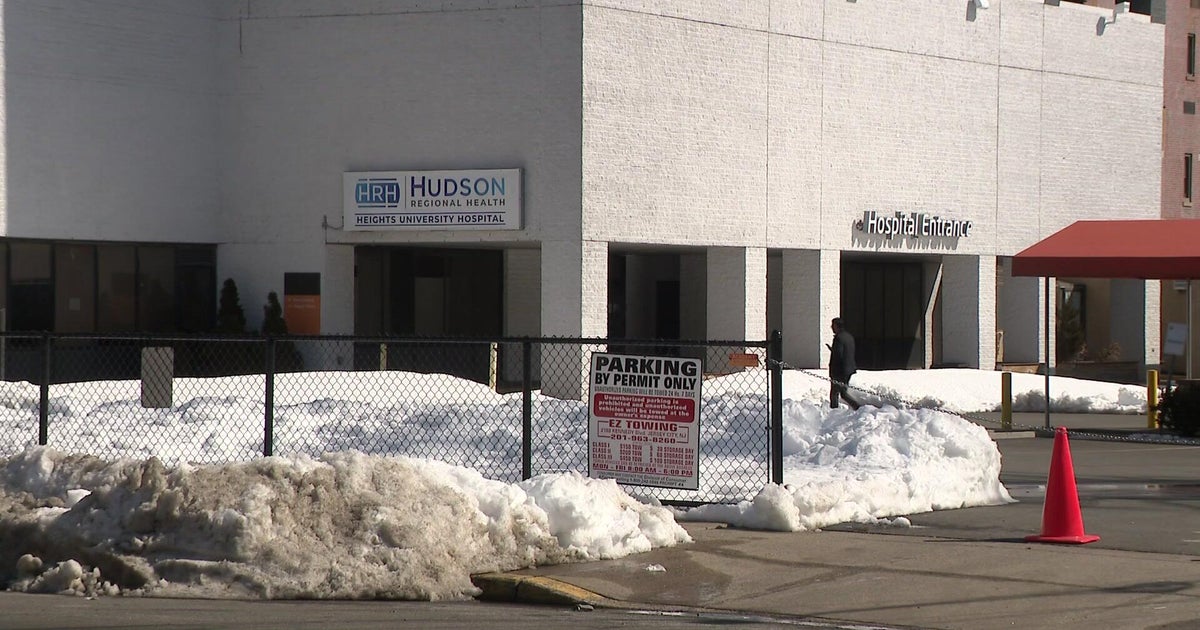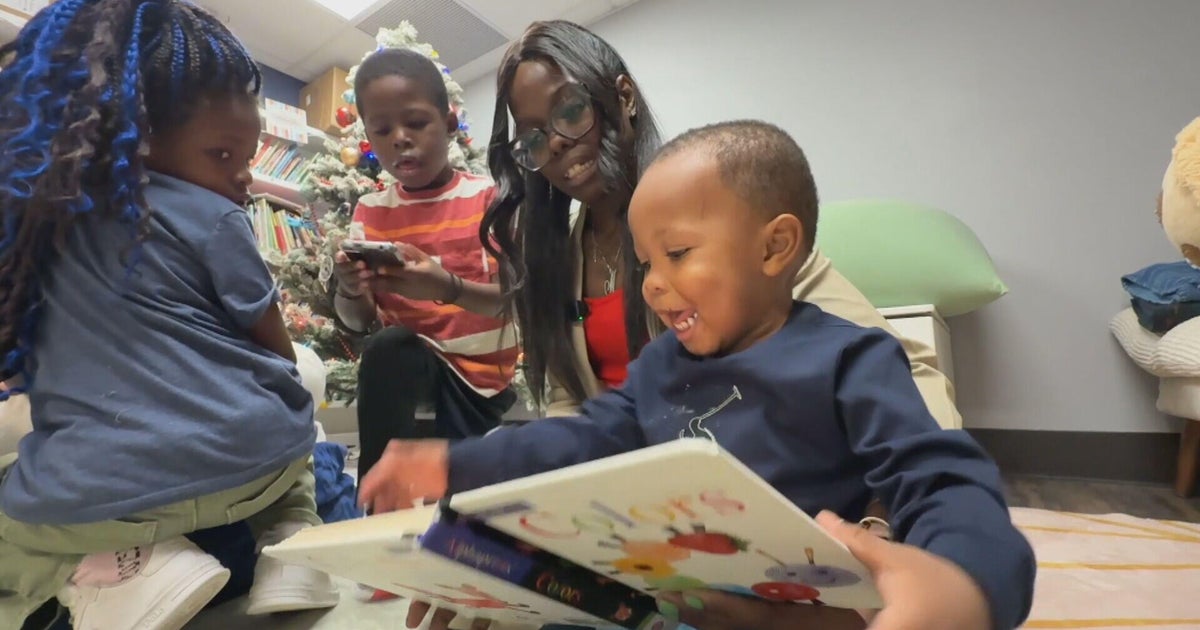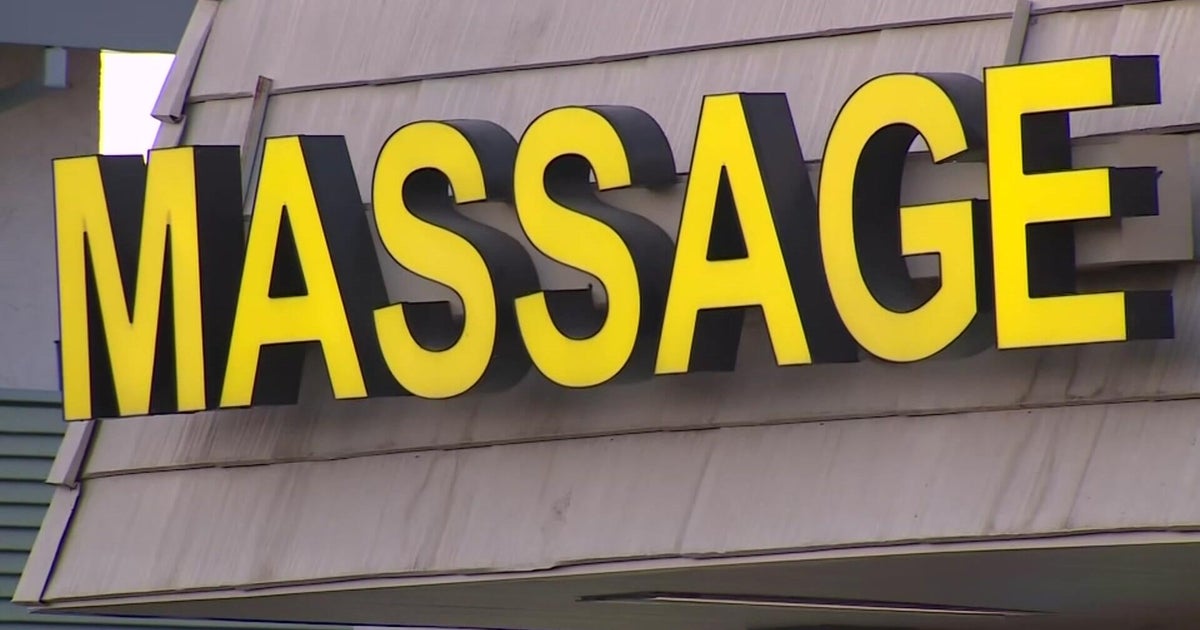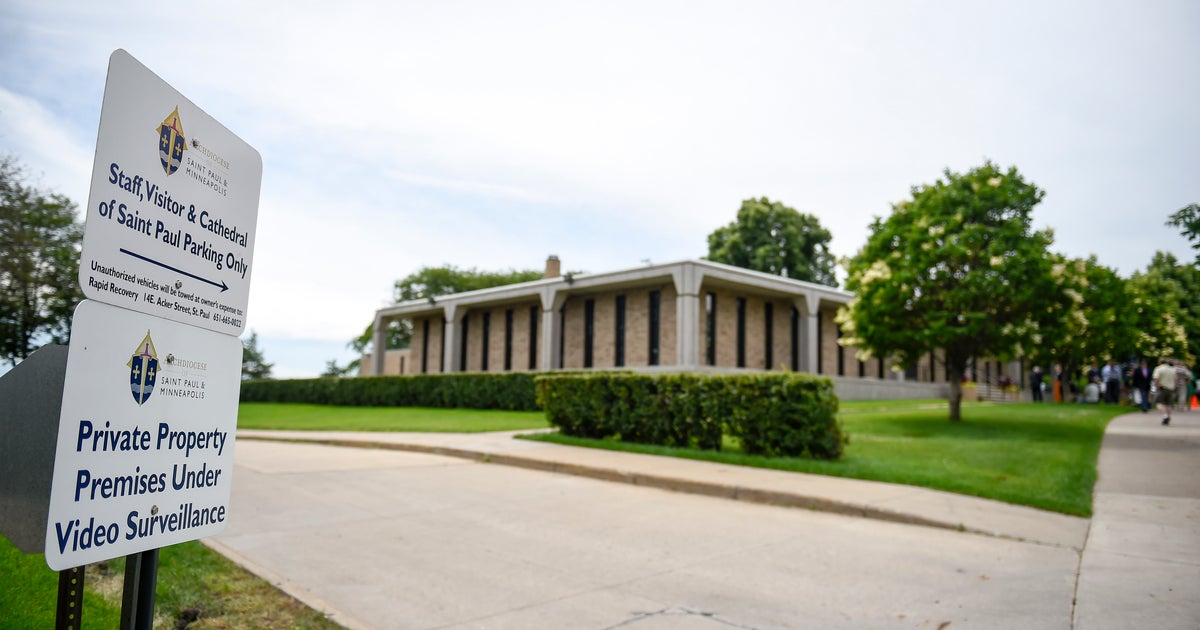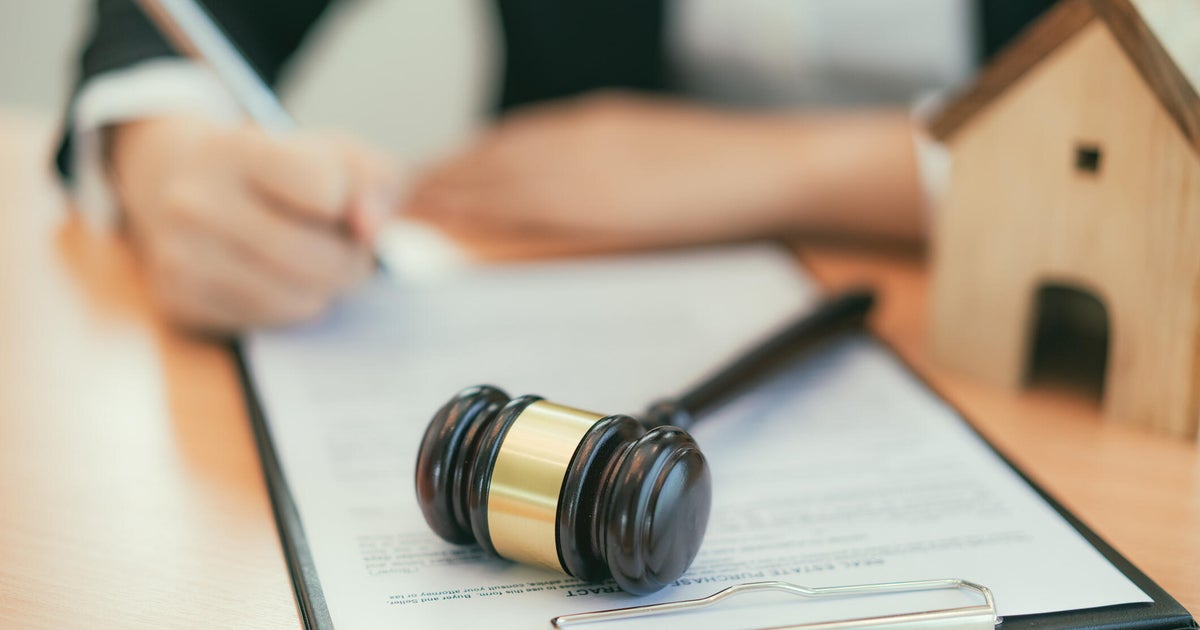NYPD issues emergency rules for receiving a concealed carry handgun license
NEW YORK - The NYPD unveiled emergency rules Friday that will let people carry concealed weapons in the city.
The Supreme Court ruled that the "proper cause" requirement the NYPD uses to determine if someone is eligible to receive a carry permit is unconstitutional and restricts their Second Amendment right to bear arms.
As CBS2's Alecia Reid reports, in New York, carry permits are getting easier to come by. This comes after the U.S. Supreme Court struck down New York's restrictive handgun laws.
"Expect the person sitting next to you at the bodega to have a gun. Just expect everyone to have a gun. Now, the question of whether a gun, a good guy with a gun, stops a bad guy with a gun..." said Andrew Lieb, of Lieb at Law.
The ruling came down in the New York State Rifle and Pistol Association v. Bruen case.
Previously, in order to meet the proper cause standard for a concealed carry handgun license, applications had to specify a particular need for self-protection, which included a carry business license, limited carry business license and a special license.
That's now a thing of the past.
"Almost everyone can have a gun, as long as you understand what gun laws are, you have a plan to keep your gun safe and guess what? You'll also need to say you're gonna get trained. As long as you say those things, you can now have a gun in the state of New York, particularly in the city," Lieb said.
To maintain public safety, there's question -- what is enough training?
"My guess is that the police department is going to have to supplement this rule with some clearer description or discussion, definition, of what training constitutes," said Professor Dan Feldman, of John Jay College.
Applications are expected to skyrocket, but it doesn't mean crime will increase.
"The vast majority of gun crimes in New York are committed by people who do not have gun permits at all," Feldman said.
The reforms go into effect Sept. 1. People who were recently rejected because of the current statute can reapply within the next 60 days, all free of charge.


